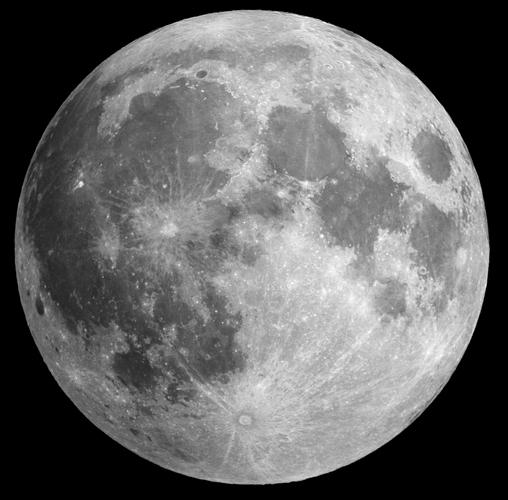
Amazon CEO Jeff Bezos said his other company, Blue Origin, is going to the moon to “save the Earth.” The idea is that moving more of humanity into space could be part of a long-term strategy to protect the Earth.
“To do big things in space, we need to use in-space resources, and so the moon is great. The reason we go to space, in my view, is to save the Earth. [If] we are going to continue to grow this civilization, we need the moon,” he said. “I’m talking about something that our grandchildren will work on and have their grandchildren work on, and so on. This isn’t something that this generation is going to accomplish, but we need to move heavy industry off Earth. It will be better done in space anyway. It will be way easier in space, and Earth will be zoned residential and flight industry.”
Ice from the moon’s poles can be used for drinking and for growing food but also as a source of rocket propellant. Bezos also noted that launching from the surface of the moon would take less energy because, due to differences in gravitational pull, things on the moon weigh 24 times less than on Earth.
Bezos spoke today onstage at the re:Mars conference in Las Vegas, in a conversation with Amazon head of forecasting Jenny Freshwater about the future of AI, space, and business. The talk was briefly interrupted by an animal rights protestor.
NASA rolled out Project Artemis, its plan to return to the surface of the moon by 2024 with commercial partners, in mid-May. In a press conference in Washington D.C. earlier that month, Bezos and Blue Origin debuted both the Blue Moon lunar lander that’s capable of carrying up to 6.5 tons of cargo to the moon and the BE-7 rocket engine. Also rolled out in recent weeks: the first commercial partners to make deliveries to the moon. And introduced last month, NASA received lunar space station conceptual plans from companies like Blue Origin, Northrop Grumman, and Lockheed Martin.
Blue Origin is scheduled to complete its first manned space flight by the end of the year. The Blue Origin reusable rocket made its first trip to space and back in 2015.
In his talk, Bezos also said dexterous robots will be among key tech advances seen in the next 10 years, alongside machine learning and biotechnology.
“I think grasping is going to be a solved problem in the next 10 years, at least in a commercial way,” he said. “I think if you went back in time 30 or 40 years ago and asked roboticists and computer scientists, people working on machine learning at that time, which problem would be harder to solve — machine vision, natural language understanding, or grasping — I think most people would have predicted we would have solved grasping first, and of course it’s turned out to be an incredibly difficult problem.”
Teaching robots to grab things like humans can give robots the ability to do things like clean your home, work in factories, or sort recyclable material, but it could also shape the future of Amazon and other ecommerce companies. To this end, Amazon holds an annual picking challenge for roboticists.
